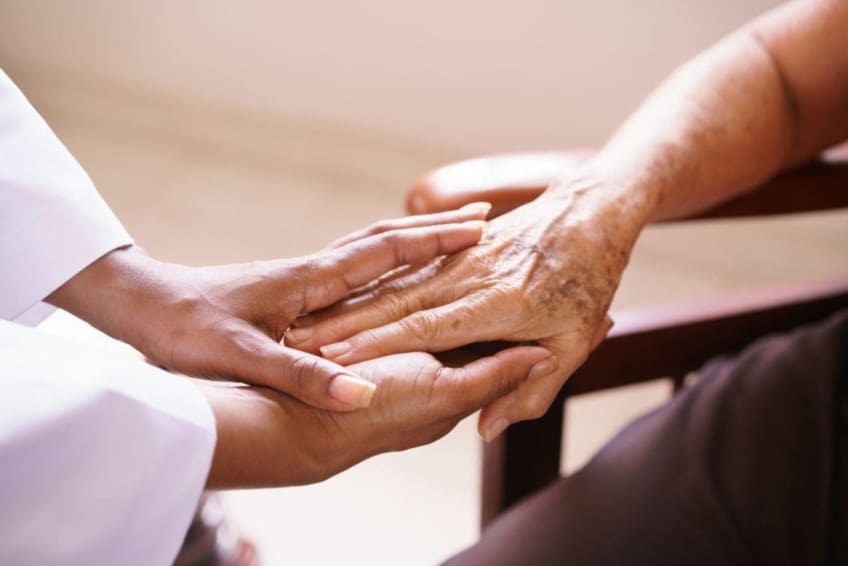
What is hospice care?
Hospice care is a special program for patients who are ill and dying, and their families. Hospice care is a form of palliative care. It is meant for people who have 6 months or less to live. Hospice is not focused on curing an illness. Instead, it aims to:
- Make the patient comfortable
- Ease pain and other symptoms
- Support the family through a sad and difficult time
Hospice care tries to provide the best quality of life for dying patients. This is done through a holistic approach. It offers spiritual, mental, emotional, and physical comfort to the patients, their families, and their caregivers.
A hospice team is a group of people who understand the specific goals of hospice care. The team helps patients live out their final days with dignity and as much comfort as possible. It can include:
- Doctors
- Nurses
- Social workers
- Spiritual counselors
- Home health aides
- Bereavement counselors
- Other volunteers
Path to well being
Hospice care can occur wherever patients are spending their final days. This includes a home, hospital, nursing home, or hospice facility. Members of the hospice team try to help patients be as pain-free and comfortable as possible. They also try to help them be at peace with themselves and their illness. At the same time, the team provides support, education, and counseling to family members and friends. If the patient is in a nursing home, the team will offer support to staff and other residents as well.
There are several services included in hospice care. These include:
- Providing nursing care
- Training family members in patient care, if needed
- Offering spiritual and emotional support for the patient and the family
- Helping with practical matters related to terminal illness, such as wills, finances, and end-of-life directives
- Providing speech, occupational, and physical therapies
- Coordinating care with the patient’s family doctor
- Managing pain and other symptoms
- Offering grief and death support groups for families
For specific questions about what hospice care includes, ask your hospice care representative. Your family doctor can provide you with information on contacting the right person.
Things to consider about hospice care
Bereavement support helps people cope with the loss of a loved one. Grief is a normal emotion for people to have in relation to death. It is common for family, friends, and caregivers when a loved one passes away. There is no timetable or calendar for grief. People experience grief in different ways. Many people feel anger, loneliness, guilt, confusion, and fear when a loved one dies. It helps to talk about these feelings and the person who passed away.
Hospice care is committed to helping people who are grieving. Hospice teams offer warm, professional support to help family members. Teams may provide emotional healing or assist with lifestyle changes. Hospice respects the natural dying process. It provides patients and family members with an opportunity for spiritual growth during this final phase of life.
Questions to ask your doctor
- When does hospice care become an option?
- Where do you recommend hospice care occur?
- Who will be a part of my care team?
- What will my hospice care include?
- How much does hospice care cost and does my health insurance cover it?
Resources
American Cancer Society: What is Hospice Care?
National Institute on Aging: What Are Palliative Care and Hospice Care?
![]()
Copyright © American Academy of Family Physicians
This information provides a general overview and may not apply to everyone. Talk to your family doctor to find out if this information applies to you and to get more information on this subject.




